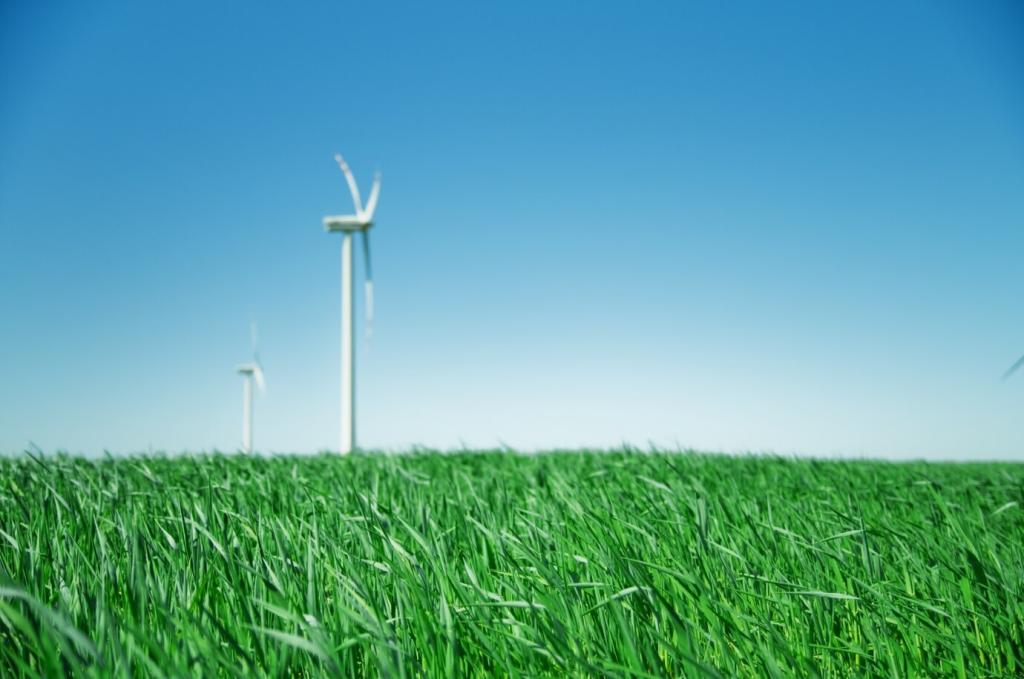AI in Water Conservation Systems
Artificial Intelligence is transforming water conservation, offering innovative solutions to one of the world’s most pressing challenges. With AI’s advanced computing capabilities, water systems worldwide are becoming more efficient, adaptive, and sustainable. From smart leak detection to predictive water usage analytics, AI-driven platforms are empowering industries, municipalities, and individuals to significantly reduce water waste while ensuring reliable access. This page explores the dynamic applications of AI in water conservation, highlighting technological advancements, real-world implementations, and the future of intelligent water management.
Intelligent Water Management and Monitoring
Real-Time Water Quality Analysis
AI technologies can process vast streams of sensor data to continuously monitor water quality in diverse environments, from urban treatment plants to remote rural sources. By deploying machine learning algorithms, these systems can instantly detect anomalies, such as the sudden presence of contaminants or harmful microorganisms, that could threaten public health or agriculture. With proactive alerts and automated responses, AI not only reduces the risk of undetected pollution but helps optimize purification processes. This proactive approach enables institutions and communities to address issues before they escalate, leading to cleaner water for everyone involved.
Predictive Demand Forecasting
Traditional methods of estimating water demand often rely on historical patterns and can lag behind rapidly shifting consumption trends. AI-based predictive analytics employ a multitude of data sources—including weather forecasts, population movements, and industrial activity—to generate accurate, dynamic models of future water demand. These forecasts help utilities and governments allocate resources more effectively, reducing both shortages and surplus allocation. Such intelligent planning not only conserves water but also optimizes energy use within the supply chain, creating a ripple effect of efficiency throughout the entire ecosystem.
Automated Leak Detection and Repair Optimization
One of the greatest sources of water loss is leakage in supply networks, which can go unnoticed for extended periods. AI revolutionizes this challenge by analyzing data from pressure sensors, flow meters, and acoustic devices to pinpoint leaks swiftly and accurately. With machine learning continuously refining its detection algorithms, these systems can even prioritize repairs based on the severity and location of the leaks. This means utility companies can dispatch teams where they are needed most urgently, significantly reducing water loss and operational costs while enhancing service reliability.
AI-driven platforms analyze real-time soil conditions, weather data, and crop growth stages to generate precise irrigation schedules. Unlike traditional methods, which can be wasteful or insufficient, AI solutions ensure that water is provided exactly when and where it is most beneficial. This targeted delivery reduces water consumption while maintaining crop yields, empowering farmers to produce more with less environmental impact. By integrating IoT sensors and remote monitoring, these systems also automate the entire process, freeing up labor resources for more productive tasks.

Urban Water Supply and Distribution
Adaptive Water Distribution Systems
AI enables urban utilities to optimize the routing and delivery of water throughout intricate pipe networks by predicting demand fluctuations and detecting emerging bottlenecks. Using real-time analytics, these intelligent systems adjust valve settings and pumping schedules to balance supply with actual usage, ensuring steady pressure and minimizing leaks. This dynamic allocation reacts instantaneously to unexpected events—such as fires, main breaks, or population surges—improving reliability while reducing wasted water inherent in outdated distribution models.

Join our mailing list
